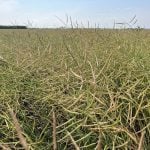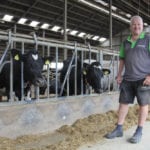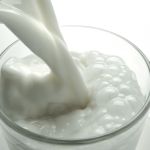CNS Canada/Dongen and Oirschot, Netherlands – Dutch dairy farmers were excited when the European Union removed milk quotas in 2015. For years the Netherlands had been hitting its quota, so dairy farms could finally grow. But when that growth happened too fast, there were new problems. Dutch dairy farmer Cees Beekmans says government officials claimed





